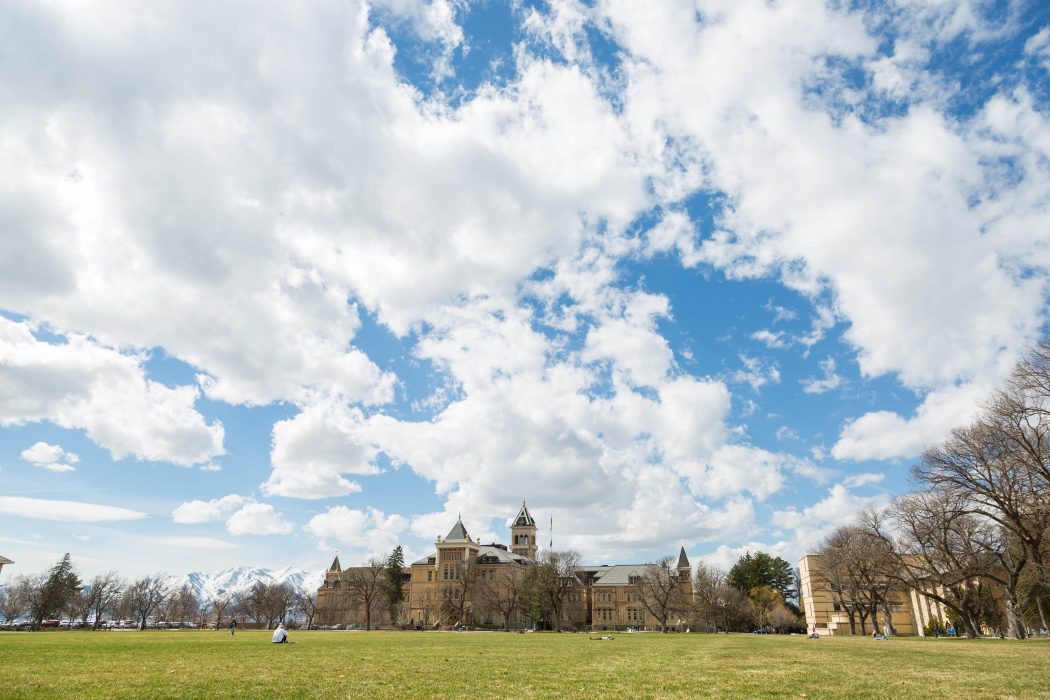New state law allows legacy waiver recipients to also gain state residency
Gov. Gary Herbert signed House Bill 349 into law March 6 that will allow recipients of alumni legacy scholarships to simultaneously count their time living in Utah toward state residency.
This new law affects nonresident students who begin receiving the waiver in the fall 2018 semester. The waiver was initially created in 2009 by House Bill 364 and allowed students whose parent had graduated from Utah State University to receive a reduction in their nonresident tuition. It was then expanded in 2013 to include nonresident students with alumni grandparents as well.
The edit made in House Bill 349 to the original waiver was an erasure of three lines. The erased clause read: “A student who attends an institution within the state system of higher education on an alumni legacy nonresident scholarship may not count the time during which the scholarship is received towards establishing resident student status in Utah.”
Rep. Val Potter, R-North Logan, was the sponsor for the proposed edits to the bill and is also a development officer in Utah State’s College of Engineering.
Potter explained the reasoning behind the 2009 bill’s residency restriction in a video. He reached out to the original drafters of the bill and asked them why this clause was there to begin with. Potter said that they simply “don’t remember it being there.”
“This new bill, really what it did, it removed that residency restriction,” said the Utah State University associate director of enrollment and recruitment, Craig Whyte.
The new law will go into effect July 1, so now students receiving the legacy waiver in the 2018-19 school year can count their time in Utah toward the 12-month requirement for residency, which then will allow them to pay in-state tuition thereafter.
The change in policy will allow the university to give smaller waivers to a larger amount of students, making it easier for them to gain residency and thus ceasing the need for a waiver after one year.
“This is an additional opportunity,” Whyte said.
Whyte said the state attracts great students to study in Utah, and the university would love for these students to stay in the state. But to continue their education, cost is often an issue. Residency is one way to help the students receive a reduced tuition cost, he said.
Whyte said the recent edits may have a positive long-term effect on the state beyond helping universities increase enrollment and helping students have a reduced cost of attendance.
“If we’re educating great students,” he said, “we would love those students to contribute to the state. So there is an economic impact as well, down the road.”
-diego.mendiola.93@gmail.com
Editor’s Note: This story has been updated to correct which students are eligible for residency while receiving the waiver.

